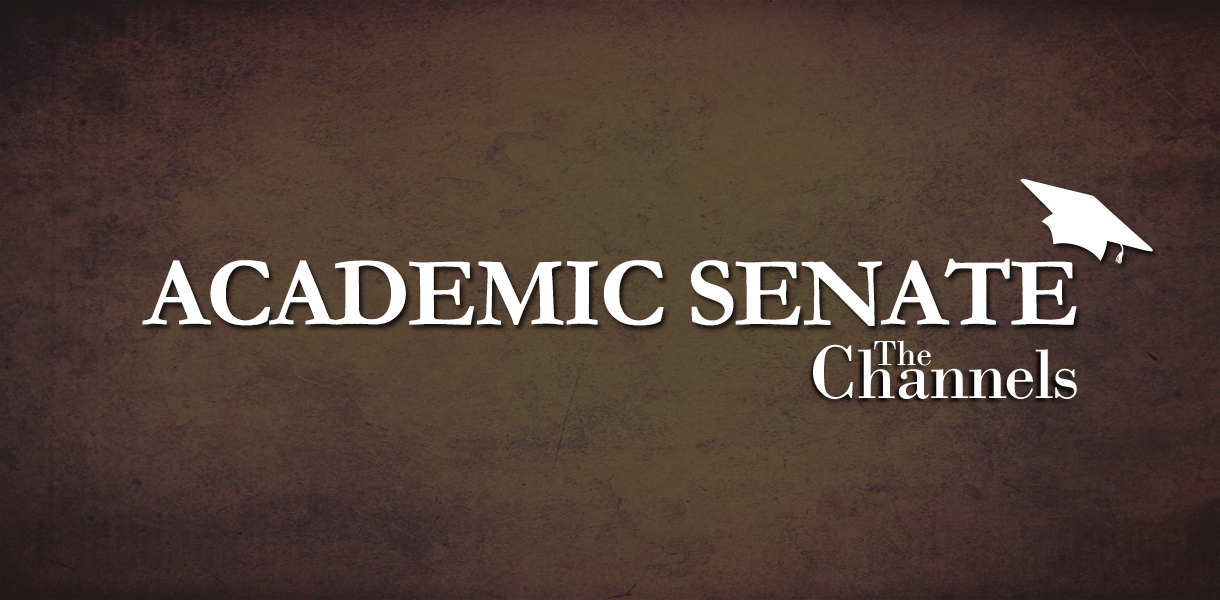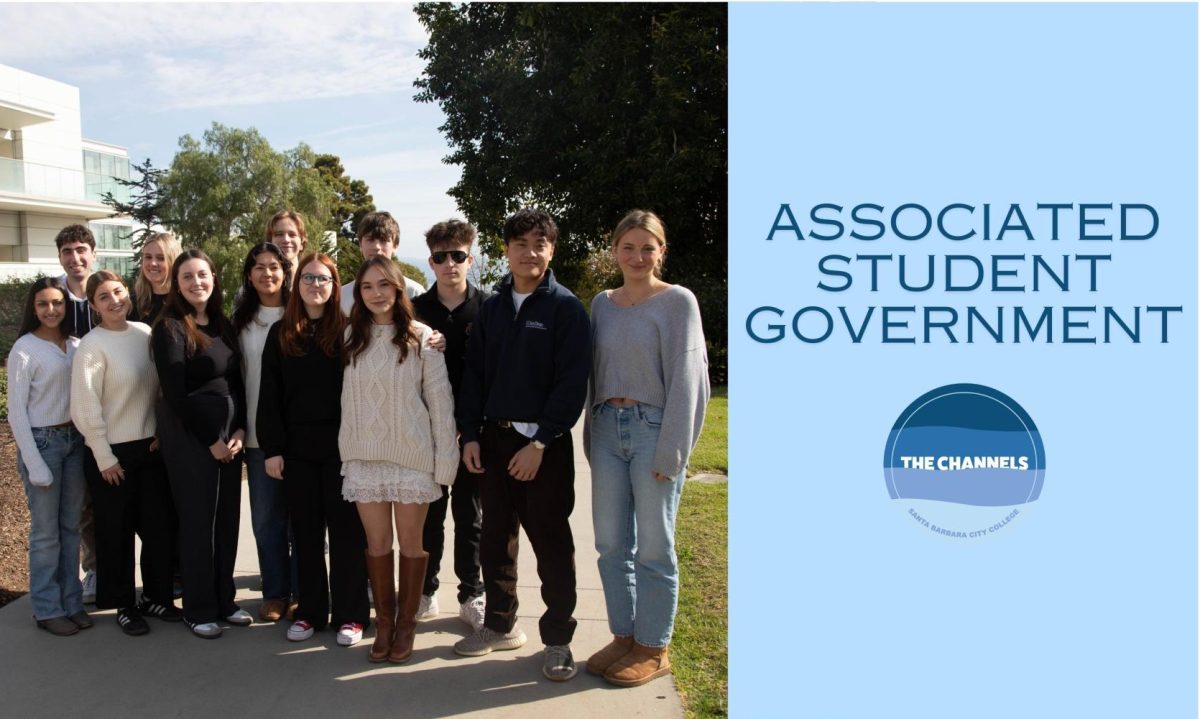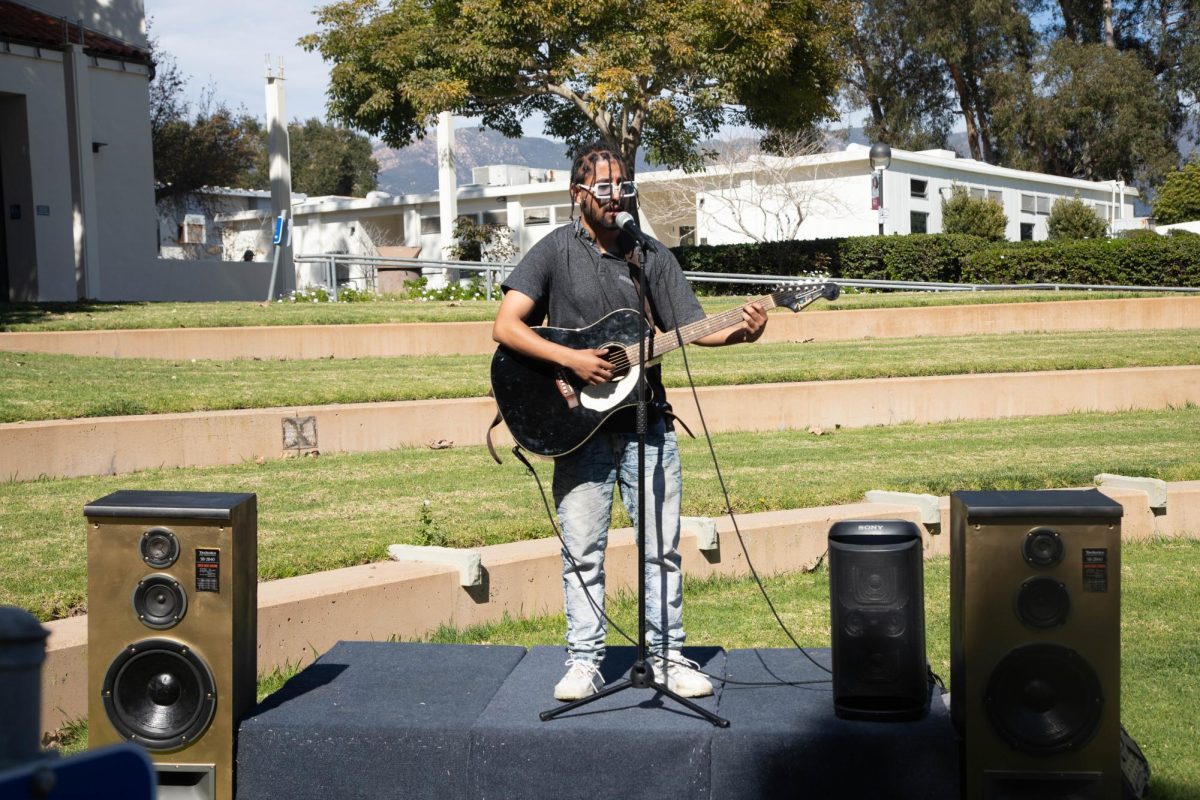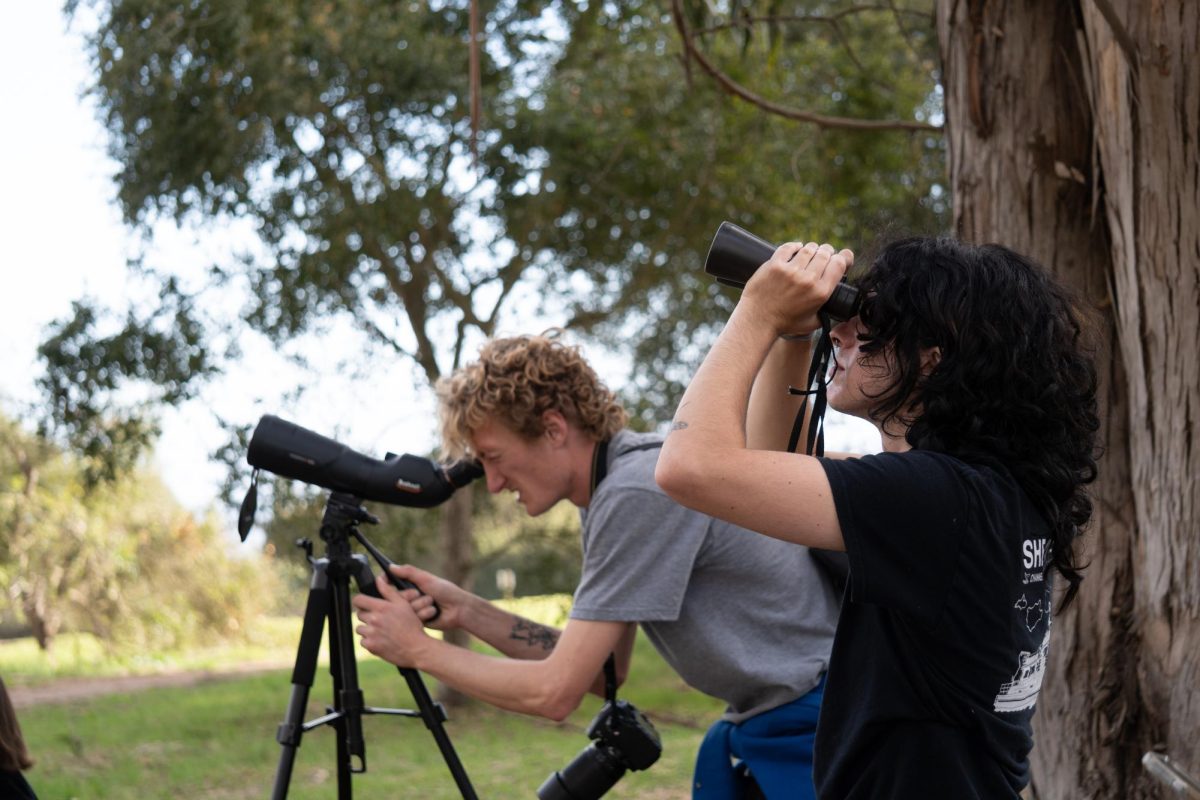In a highly contentious discussion Wednesday, the Academic Senate explored possible exceptions to Administrative Procedure 7210, which controversially limits how many units a full-time faculty member can teach.
Executive Vice President Pamela Ralston asked for criteria to be established for possible exceptions to the limit in an Oct. 4 memo. Currently, full-time faculty may only teach up to 21 units in the fall and spring semesters, but until now, this limit hasn’t been enforced with many faculty members teaching up to 33 units per semester. In the summer sessions, the maximum load is eight units per full-time faculty member.
Many faculty members teaching loads higher than the 21 unit limit spoke out against the policy, asking for the limit to be raised.
“As a historian, I know when everybody’s breaking the law, it’s because the law doesn’t work,” said Danielle Swiontek, one of the two representatives for the social sciences division.
Three faculty members from outside the senate who spoke during public comment pleaded the same message, which was to revise the policy entirely because enforcing the limit would hurt their departments severely.
Academic Senate President Patricia Stark reminded the senate several times that the senate was only to find and discuss exceptions to the policy during the meeting, not to debate it and propose fundamental changes to it.
The senate originally passed the procedure in 2016 in part because it was believed that if a faculty member is teaching over 21 units, the quality of their instruction becomes substandard. The senate also wanted to ensure that the salaries of faculty were more equal: if one faculty member taught the equivalent load of over two full-time teachers, their salary would be unfairly higher than those teaching within the limit.
Despite passing it in 2016, though, it appears that none of the senators are currently in favor of it.
“I think there needs to be a lot more departmental input because we’re the ones who know the intricacies of our departments,” said Ruth Morales, the second of the two representatives for the social sciences division.
“…We’re having major impacts on social science, we’re having impacts on communications classes being cut back, and our students are going to be severely impacted by the cutback during the summer.
“In econ we only happen to be losing 50 students, but I can’t get an adjunct to fill that. So there’s $9,000 in profit being lost for the school and 50 students that could’ve been served.”
Russell Granger, an automotive instructor and the senate representative for the technologies division, said he and his colleague both have no choice to teach above the load limit even though he has never personally wanted to.
“I teach over 21 [units,] my only other faculty member teaches over 21 [units,] and our adjunct are all at the maximum they want to teach and if they were to take another class they would go over,” Granger said. “I would love to have an exception that I have some control over. What happened in my department is we were told flat out: ‘don’t ask for replacement faculty, you can manage for now and just ask next time.’
“So what I’m looking at is students trying to complete a certificate program, who are on track to complete. What do we do? If we teach less than 21 it will add a year or two to their time here… I have no control over the fact I’m overloaded and I would love to teach 15 [units.] I am not as effective a teacher when I am overloaded.”
The group voted to extend the meeting by 10 minutes to continue the discussion, however even that did not allow enough time for all the members to finish their statements on the subject. The group was invited to add their exceptions to the document requested by the administration, and the conversation will most likely continue at the senate’s next meeting at 3 p.m. Wednesday, Nov. 14 in Business-Communications Building Room 214.















